Being a caregiver to someone with advanced mental or physical needs can be difficult and stressful. When the person in need of these services is part of a family, the responsibility for their care will often fall to those closest to them. While taking on this role one may seem like a logical and compassionate choice, it is important to consider certain issues before becoming your loved one’s caregiver.

Your Loved One’s Needs
Assessing whether you are an appropriate caregiver for your loved one will involve a realistic evaluation of your ability to meet their needs. This is because when an individual needs assistance within their living environment, it could be for a variety of reasons. For instance, they may need help with simple matters such as being reminded to take medications and attend to their hygiene. However, the person may require support because they are limited in their mobility or need constant supervision to remain safe. Further, the individual may have serious medical issues which require attendance by trained providers. It is important to make sure you are fully equipped to manage your loved one’s requirements before beginning in the caregiver role.
Respite Resources
Another factor that a potential caregiver should take into consideration is the availability of respite resources. Respite care involves giving the caregiver a break while another person or entity assumes the caregiving role. This care can be provided through programs which provide adult day services or the use of another caregiver in the home for a few hours or days. Having professional substitute care can make caregiving a more manageable task for you while providing your loved one with the attention that they need. Finding out what kind of respite care is available can help you determine if you will have this support as a caregiver.
Community Programs
Caregivers can also benefit from programs in their community which are in place to provide support for them and their loved one. For example, many areas have local support group programs for caregivers who are assisting a loved one with Alzheimer’s disease or another form of dementia. There are also classes available to help the caregivers understand their loved one’s issues and provide for their care. These community resources can be of assistance to you as you decide if you can provide care for your loved one.
Social Support
Caregivers should also look into their own support networks for future help with their loved one. Friends, family, and church members can be critical resources for someone who needs caretaking assistance. The potential availability and involvement of your support system will be an important part of deciding whether you feel you can take on this responsibility.
We understand the issues faced by families contemplating caring for a loved one’s needs and can provide you with insight and advice as you plan for their care. Please contact us online or by phone if we may be of assistance.
